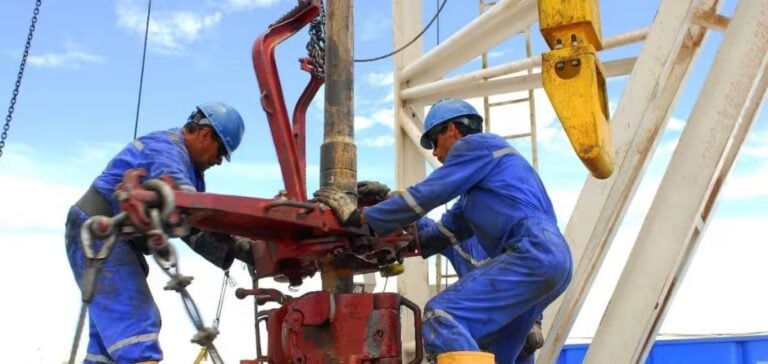Ecopetrol, the Colombian oil company, has acquired the remaining 45% stake held by Repsol in block CPO-09, located in the Meta department. This transaction strengthens its position in one of the region’s most strategic oil basins and adds an estimated 41 million barrels to its portfolio.
This operation was carried out under the right of first refusal included in the Joint Operating Agreement (JOA) between the two companies. The purchase follows the announcement of an agreement between Repsol and Geopark in November 2024. With this acquisition, Ecopetrol becomes the sole owner of the block, a key production area for the company.
A Strategic Production Lever
The CPO-09 block spans several municipalities, including Villavicencio, Acacías, and Guamal. In addition to the additional reserves, Ecopetrol anticipates an increase of approximately 7,000 barrels per day in daily production from this new asset. These results align with the company’s strategic objective to maximize domestic resource exploitation to ensure Colombia’s energy security.
The Llanos Orientales basin, where block CPO-09 is located, is a key region for the oil industry due to its high productivity. This acquisition marks a major step forward for Ecopetrol in consolidating its operations and maintaining a steady supply in a transforming energy environment.
Regulatory Framework and Prospects
To fully finalize this transaction, Ecopetrol must still obtain approvals from the National Hydrocarbons Agency and the Superintendency of Industry and Commerce. These administrative steps are expected to be completed in the coming weeks.
While the acquisition illustrates Ecopetrol’s commitment to maximizing oil exploitation, the company has emphasized that this strategy fits into a broader perspective, including a gradual energy transition. However, analysts consider that this purchase primarily addresses profitability and securing its most productive assets.






















